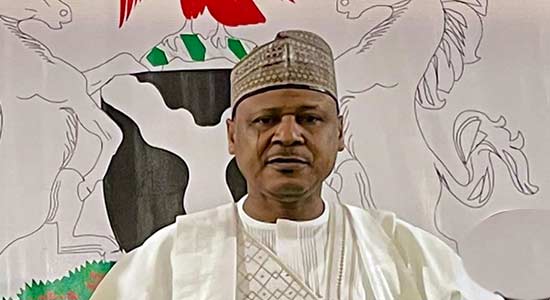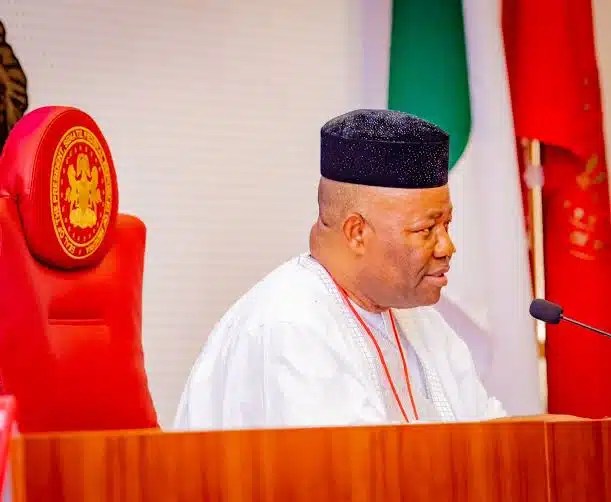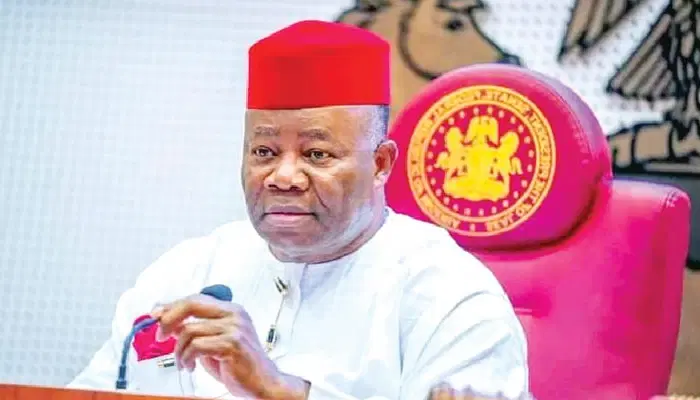In a robust defense of President Bola Tinubu’s leadership style, Nigeria’s Minister of Information and National Orientation, Mohammed Idris, has firmly dismissed claims that the President is under the sway of any hidden cabals or power brokers. Speaking at the All Progressives Congress (APC) National Summit in Abuja, themed “Renewed Hope Agenda: The Journey So Far,” Idris portrayed Tinubu as a decisive, independent leader focused solely on Nigeria’s prosperity.
Nigeria’s Minister of Information and National Orientation, Mohammed Idris, has denied allegations that President Bola Tinubu is influenced by a cabal or shadowy power bloc. Speaking at the All Progressives Congress (APC) National Summit in Abuja, Idris emphasized that the President makes independent decisions that prioritize the country’s best interests.
The Minister’s statement was in response to ongoing speculation suggesting that President Tinubu may be swayed by unelected individuals or groups. Idris rejected these claims, portraying the President as a self-reliant leader who is driven solely by the country’s needs.
“You need to study the president very well,” Idris said. “You can have your voice; you can say what you want to say; he will listen to you, but his decision is ultimately his own. I think it’s essential for us to recognize that.”
Idris highlighted the Renewed Hope Agenda as a “bold, people-first blueprint” that is transforming the country’s challenges into opportunities. “The Renewed Hope Agenda is about positively impacting the lives of Nigerians through bold decisions designed to unleash the full potential of the country in a way that has never been seen or done before,” he explained.
The Minister noted that President Tinubu took office during a period of significant economic instability and acted with decisiveness and courage. He pointed to the removal of petrol and foreign exchange subsidies as two of the administration’s first and most significant reforms.
“Among the first decisions the President made were the removal of petrol and foreign exchange subsidies, which have been among the biggest impediments to Nigeria’s progress, costing us billions of dollars in losses and waste annually,” Idris stated.
Idris emphasized that the reforms have yielded noticeable progress in areas such as infrastructure, social investment, mining, and energy. He announced that the federal government is currently laying 90,000 kilometers of fiber optic cable nationwide, describing it as the largest broadband rollout in Nigeria’s history.
The Minister also highlighted the new “Nigeria First” policy as a key pillar of the Renewed Hope Agenda, which requires ministries, departments, and agencies (MDAs) to prioritize local content in all government procurement. “This is historically unprecedented, with the ultimate objective being to accelerate industrialization through local production and to insulate the Nigerian economy from global disruptions,” he added.




